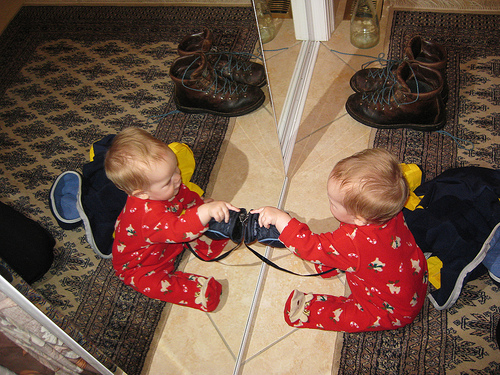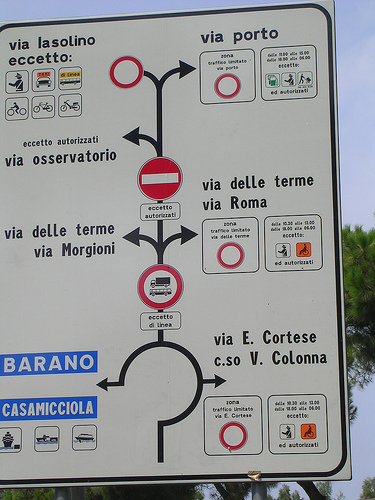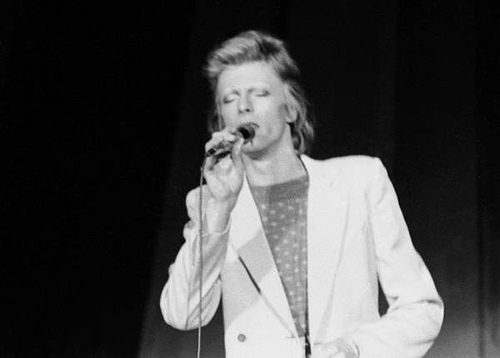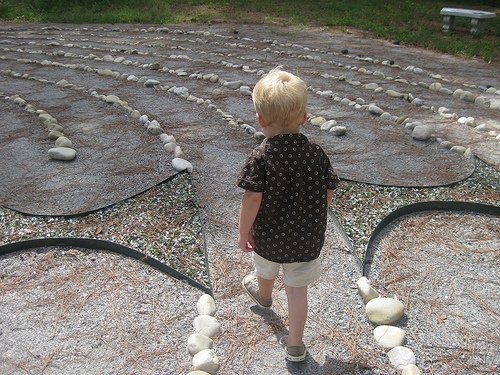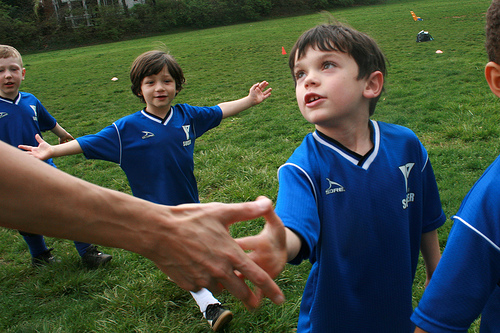blog
In these times of economic stringency, focus on return on investment, and the organisational (and individual) need to get more from less, I’m giving a big ‘thumbs up’ to ‘Why CEOs Don’t Want Executive Coaching’, an article by business psychologist Douglas LaBier, published in the Huffington Post on 16th August 2013.
Self-awareness is critical to effectiveness
According to Stanford Business School in the US nearly two-thirds of CEOs and almost half of senior executives don’t receive executive coaching or leadership development, but according to Bloomberg Business Week and Forbes nearly 100% say they would like coaching. Why the gap? The reason, the author suggests, is that most coaching programmes omit or misconstrue the core coaching element that CEOs need in order to grow their skills and effectiveness: namely self-awareness. Self-awareness is critical to developing effective, inspiring, engaging leadership that maximises relationships, empathy, compassion and persuasion. Only with self-awareness can the leader internalise – and thus deliver with the impact that authenticity brings – the skills that they believe they need: learning a skill such as conflict management or communication is more than just mastering a set of steps.
Coaching is developmental, not remedial
LaBier also flags the faulty perception by some leaders of coaching as remedial (as though there’s something wrong with them) rather than developmental (the client is already a high achiever and wants to get even better), and suggests that this too accounts for the gap between CEOs’ wanting and having coaching.
The leader needs to care about their followers
My belief is that leadership is about creating momentum for a better world by inspiring and engaging other people to deliver what they’re really capable of: in other words, enabling human flourishing. In a limited way, leaders can get things done by being autocratic and controlling, but the research (and indeed common sense) show that this doesn’t generally bring engagement or discretionary effort, enthusiasm or sustainability, unless the leader inspires fear (as tyrants do) – and even then the sustainability is likely to be short-lived.
If leaders are to consistently get things done through other people they need to create and nurture trusting, vibrant relationships, to inspire with a vision, to persuade and energise, and to engage with other people’s perspectives. They actually need to care about other people (which can be a challenge for some leaders who have got to where they are because of their technical skills rather than their soft skills).
Connecting with others depends on connecting with self
This ability to connect with others is crucially dependent on the ability to connect with self: to become aware of one’s own behaviours and thinking, drivers and blockers, of the connection between those behaviours and thinking patterns and the outcomes the leader creates, of their values and the beliefs that act as drivers or inhibitors.
If a leader believes, for example, that praising people or recognising achievements is ‘soft’ or pointless, or that the only feedback worth giving is to point out the negative, this will translate itself into behaviours that may be experienced as failing to value individuals for what they are contributing. And people who don’t feel valued become demotivated and disengaged, which in turn will impact business results sooner or later.
The difficult messages can be the eye openers
The most difficult part of building self-awareness for any individual is to face the messages that he or she may have spent a lifetime hiding from or denying (usually unconsciously), to recall difficult or painful experiences and ‘re-decide’ or re-choose how to respond to them. In my experience, when a client recognises the continuing impact at work of a belief that, for example, they need to be the ‘glue’ in a dysfunctional relationship between two other people, or that taking account of how others feel is irrelevant, or that they need to be in absolute control, that awareness alone can create change – and sometimes transformation.
This process of equipping a client to become deeply self-aware is at the heart of executive coaching. Clients of mine refer to the process as ‘eye-opening’ or ‘life-changing’ in the same breath as ‘really tough’ or ‘challenging’.
The experience of plumbing the depths (or indeed scaling the heights) of self-awareness is what can turn out to make a profound difference to the quality of their leadership.
Photo by tai viinikka via Compfight
Self-awareness: the heart of executive coaching
My belief is that leadership is about creating momentum for a better world by inspiring and engaging other people: in other words, enabling human flourishing. If leaders are to get things done through other people they need to create and nurture trusting, vibrant relationships, to inspire with a vision, to persuade and energise, and to engage with other people’s perspectives. This ability to connect with others is crucially dependent on the ability to connect with self: to become aware of one’s own behaviours and thinking, drivers and blockers. Equipping a client to become deeply self-aware is at the heart of executive coaching.
Read more »Chaos and organisational life
In the chaos and confusion that sometimes is the hallmark of life at work, while their organisations are demanding big results, what leaders really need is the simplicity and peace to know who they are and that they have the resources to sustain and nourish themselves.
Read more »Creativity, innovation and leadership
David Bowie, pop artist and visual artist, was a creative and innovative pioneer. The leaders we need in our turbulent and fast-changing climate likewise value experimentation, creativity and innovation, they read the market and the system, and they have the courage to pioneer.
Read more »Career refocus: stepping off the treadmill
Several of my executive coaching clients feel like they're on a treadmill, stressed and under pressure. And yet it's exceptional for any of them to choose to get off the treadmill. Instead, they make career decisions based on a fuller sense of awareness, within a context of well thought-through perspectives, rather than being based on emotion, stress, exhaustion or just not seeing broader horizons
Read more »Development and transformation as coaching outcomes
Development is the release of more of an individual's potential and transformation is a fundamental shift in thinking, feeling or behaving. In my experience the shift is often around a previously unresolved issue that an individual has kept carefully guarded for a very long time. When they make their peace with that old issue in a transformational way, the change sticks and the chances are higher that they will become a transformational leader.
Read more »Mindfulness: coaching the leader
Mindfulness training and practice enable sustained attention, an improved capacity to regulate emotions and to manage that chatter in the mind that can so inhibit constructive thinking, reduced stress levels and increased resilience and well-being. How will my clients benefit from my training in mindfulness.
Read more »Mindfulness, leadership and results
Mindful awareness is about learning to pay attention, in the present moment, and without judgement. It's like training a muscle - training attention to be where you want it to be. It's a valuable tool for impactful leadership.
Read more »Building blocks of healthy relationships: autonomy
Leaders who treat their people as autonomous adults are likely to get the best out of them: an autocratic style gets quick, short-term results but anything less than an empowering style doesn’t adequately nurture the discretionary effort and engagement that are essential for organisational success.
Read more »Building blocks of healthy relationships: respect, care and listening
Through healthy relationships individuals flourish, they become balanced and resilient, and they contribute to the world around them with energy and commitment. In such circumstances it’s relatively easy for people to learn how to manage their emotions by articulating them and being heard rather than judged. The messages for leadership are clear.
Read more »Relationships: the leader’s secret weapon
Leaders are sometimes tempted to focus on the task and the process for fulfilling that task. Such an approach may bring short-term results, but the real differences are made when the leader focuses on strengthening relationships, listening and building trust.
Read more »
